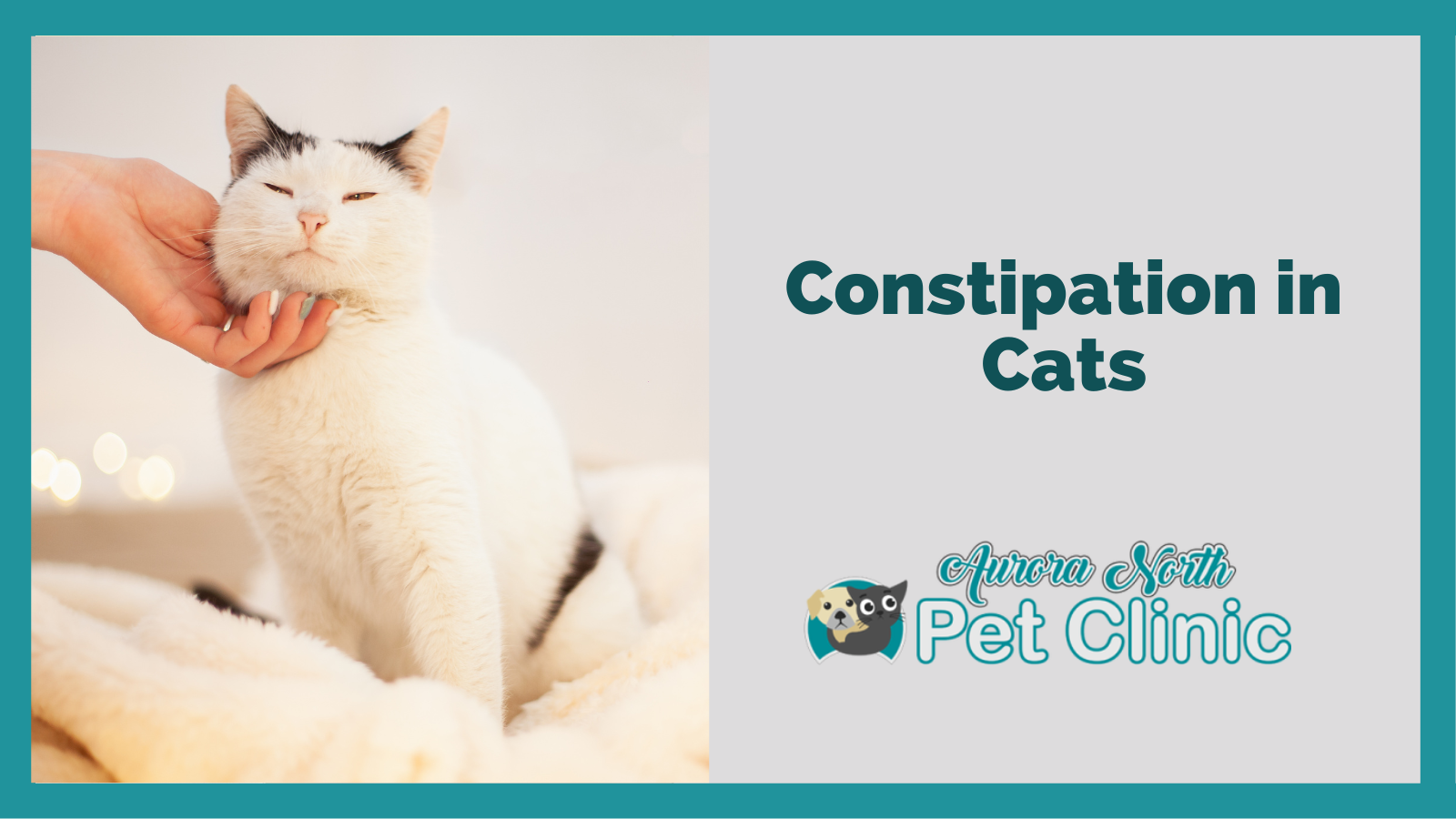
Cat constipation is when your furry fellow cannot defecate properly. Infrequent litter schedules or hard, large stools are indications that your cat might be experiencing constipation.
While constipation is usually mild and short-term (usually caused by dehydration or dietary fibre imbalance), it significantly strains the cat and can worsen if left untreated.
What Causes Constipation in Cats?
The primary cause of constipation is indigestion – when foods don’t move through the gut normally. Plus, if there’s an underlying disease causing the malabsorption of nutrients like fibre, it can lead to constipation.
More often than not, cats experience constipation because of anxiety and stress. Any changes to surroundings can trigger anxiety, making your cat hold their stool. If cats hold their stool for too long, the intestine may reabsorb the water in it and cause trouble pooping. Cats who predominantly eat dry food are also susceptible to dehydration-induced constipation.
What’s more, issues with the litter box can make cats hold their stool, leading to constipation. It is always a good idea to ensure the litter is cleaned often and placed in an accessible location. Try putting it away from loud noises that can startle your cat, preferably in hiding, as some cats want their littering to be private.
Sometimes low-fibre cat foods trigger constipation, although a natural diet has enough fibre to regulate bowel movement. Low-fibre-associated constipation is more common in kittens.
Obstructions, such as bones or yarn, can block the colon too. If your cat grooms itself excessively (also a sign of anxiety), the hair may collect in the gut and cause bowel disruption. Recovery after food poisoning, allergic reactions, or vomiting can also induce fatigue and constipation.
Lastly, elderly cats can face many health problems that manifest as constipation. Arthritis and spine pain can make your cat avoid the litter. Kidney issues, perianal disease, diabetes, hyperthyroidism, and nerve problems are other notable diseases.
Cats may get a ruptured anal sac, which causes pain during defecation, along with rectal cancer and feline megacolon (extra growth of the colon).
Signs Your Cat is Constipated
Constipation appears as a standalone problem and a symptom of underlying health problems like kidney disease.
Signs of constipation in cats include nausea, vomiting, decreased appetite, low or high water consumption, and excessive peeing. The cat may have trouble jumping and will sit holding the abdomen. Stiff walking and hiding are vital signs. Long-term constipation can even cause weight and muscle loss.
Don’t Leave Cat Constipation Unchecked
Not only is constipation painful for cats to endure, but it can grow into megacolon when left unchecked. Megacolon is hard to treat and often fatal for cats. If your cat shows any of the above symptoms, take them to a vet clinic in Aurora. It is vital to diagnose constipation and work out a treatment plan asap.
How to Treat Constipation in Cats?
Constipation treatment in cats depends on both the cause and severity. If your cat is trying new foods, diet changes may help solve the problem. Remember, cats have allergies just like humans that make them sick. If your cat has multiple allergies, try hypoallergenic cat foods. Also, ensure the litterbox is clean and placed in a private spot.
Next, encourage your cat to drink more water. It is good to offer your cat a clean water bowl in an accessible spot.
For moderate to severe cat constipation, it’s best to contact a veterinarian. The vet will remove obstructing feces with an enema (with or without sedation) after determining the cause of constipation. You may be advised to switch your cat’s food from a low-fibre to a high-fibre diet (or vice versa). Diet changes work in 8-10 weeks, but recovery after the enema is rapid.
The veterinarian may suggest fibre supplements like Psyllium husk or other probiotics. Over-the-counter laxatives like Miralax and Colace are good options too, but they can cause dehydration and are harmful in the long run. It’s best to stick to the guidelines you receive from your vet clinic.
Please get in touch with our veterinary team at Aurora North Pet Clinic if you have any questions.